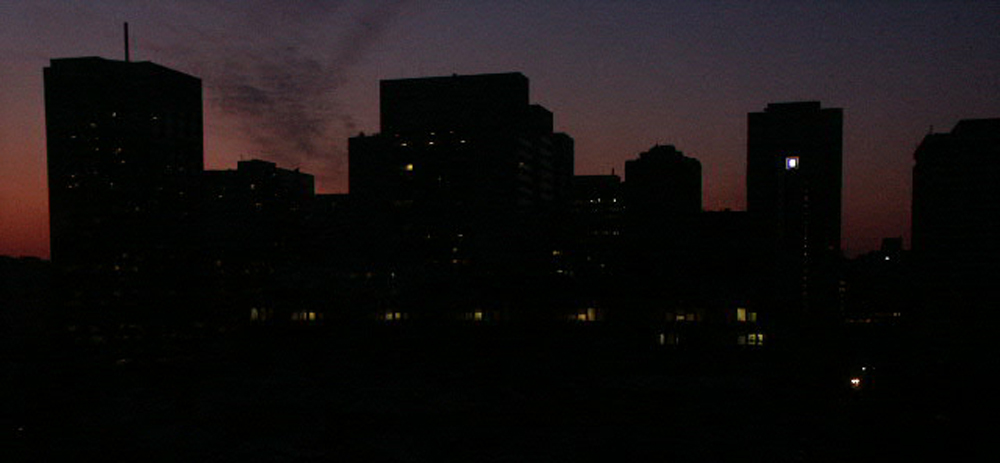A spectre is haunting Germany, the spectre of a nationwide power blackout. Politicians, authorities and the mass media have allied against this spectre - and have already named a culprit to be pilloried if, despite all the ingenuity of those responsible, a power blackout cannot be avoided in the winter of 2022/23: It is the evil, stupid normal consumer who heats with electricity even though he is not supposed to.
Gerd Landsberg, Chief Executive of the German Association of Towns and Municipalities, warns the public: “There is a risk of a blackout.” He sees risks from a possible “overload of the electricity grid – for example, if the 650,000 fan heaters sold this year go online, the gas supply should fail.” This is reported by t-online.
Landsberg is not one to just blurt anything out. Such statements are coordinated with the political establishment. And they are widely communicated by the mass media.
The operation of fan heaters in Germany – unlike in France, where modern ceramic fan heaters in particular are much more widespread – is undesirable in terms of popular education because it runs counter to the idea of saving energy. However, the claim that fan heaters could overload the German electricity grid does not stand up to a check with a calculator.
Modern ceramic fan heaters have 500 to 1,000 watts of power, while older electric heaters consume up to 3,000 watts with a similar heat output. If a ceramic fan heater is left running at full power for ten hours, 10 kWh will be required.
An electric car, on the other hand, which is officially recommended for use, consumes an average of 15 kWh per 100 kilometres.
The biggest pointless energy guzzlers in Germany are outdated refrigerators. In the course of its life, a refrigerator costs more money for electricity than its purchase. Old appliances eat up twice as much electricity as new ones. But above all: outdated refrigerators run 24 hours a day and not for a short time in a nasty cold spell, and they are not in 650,000 homes, but in tens of millions of households.
Those who see a mandate in ordinary consumers to avert a blackout should calculate for them that they will save money by replacing very old refrigerators with modern appliances.
The real risks for a blackout, however, apparently lie neither with old refrigerators or electric cars, nor with fan heaters, but at the other end of the power cable. Business Insider writes on this:
“The four transmission system operators Amprion, Tennet, 50 Hertz and TransnetBW recently underwent a stress test. In all three scenarios, which differed according to the readiness of French nuclear power plants and the availability of gas, the supply situation for the coming winter was assessed as ‘extremely tense’, as the ‘Welt’ reports. In the worst case, Germany would not be able to cover its electricity needs for several hours. A collapse of the grid can then only be averted if large electricity consumers such as industrial plants are taken off the grid, according to the assessment.
Smaller outages are possible, according to the Federal Network Agency, reports ‘Bayerischer Rundfunk’. Because of this, the agency is currently setting up a second crisis centre to prepare for the scenario. A spokeswoman for the transmission grid operator Tennet also confirmed to ‘Bayerischer Rundfunk’ that there ‘can be an extremely tense situation in the electricity grid in winter’.”
If French nuclear power or power from gas combustion is eliminated, there will be a controlled shutdown – no matter how much electricity a few million private households save.
Photo above: Blackout in Toronto 2003, CC BY-SA 3.0, Author: Camerafiend

